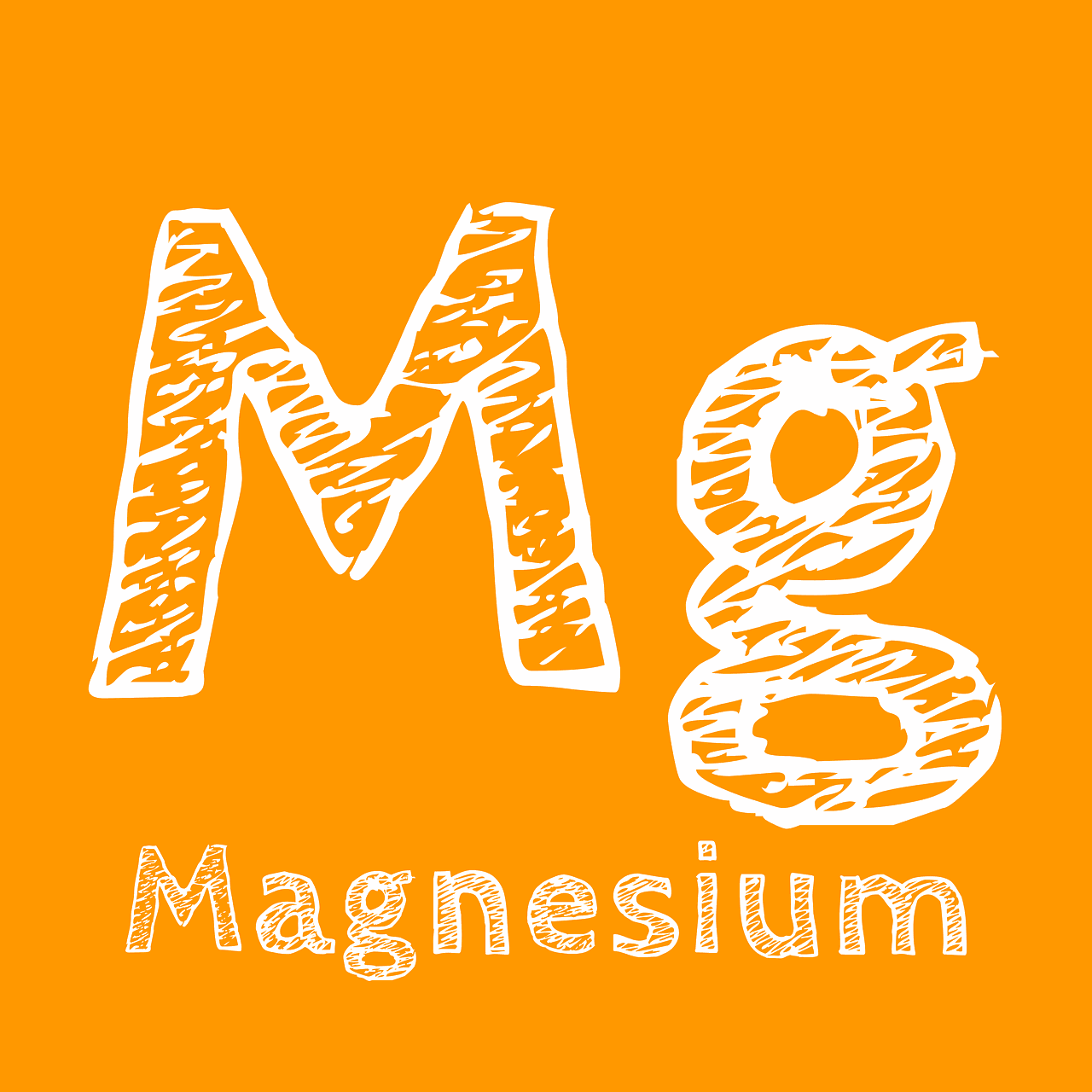“Unlocking the Power of Health: Magnesium and Vitamin D Supplements”
Magnesium: Introduction
In the quest for optimal health and well-being, individuals often turn to supplements to bridge the nutritional gaps in their diets. Two essential nutrients, magnesium and vitamin D, have garnered significant attention for their crucial roles in maintaining overall health. In this article, we will explore the myriad health benefits of magnesium and vitamin D supplements and why they are becoming increasingly popular in the world of wellness. So, let’s dive into the world of these powerhouse nutrients and discover how they can improve your life.
The Importance Of Magnesium
Magnesium is a vital mineral that plays a fundamental role in numerous bodily functions. It is involved in over 300 enzymatic reactions, making it essential for various biological processes, from muscle function to nerve signaling, and bone health. Unfortunately, magnesium deficiency is relatively common, as our diets often lack the necessary quantities of this essential nutrient.
- Heart Health: Magnesium is linked to heart health in multiple ways. It helps regulate blood pressure, maintain a healthy heart rhythm, and supports overall cardiovascular function. Studies have shown that adequate magnesium intake may reduce the risk of heart disease and stroke.
- Bone Health:While calcium often takes center stage in discussions about bone health, magnesium is equally important. It aids in the absorption and metabolism of calcium, contributing to strong and healthy bones. A deficiency in magnesium can lead to decreased bone density and a higher risk of osteoporosis.
- Muscle Function: Magnesium is a natural muscle relaxant, helping to prevent muscle cramps and spasms. Athletes often turn to magnesium supplements to enhance muscle recovery and reduce the risk of exercise-induced cramps.
- Mood and Mental Health:This essential mineral is also closely tied to mood and mental health. Some studies suggest that magnesium supplements may alleviate symptoms of anxiety and depression. It aids in the production of serotonin, a neurotransmitter that contributes to feelings of well-being and happiness.
- Digestive Health: Magnesium plays a role in digestion by relaxing the muscles of the gastrointestinal tract and promoting regular bowel movements. This makes it an excellent supplement for individuals struggling with constipation.
Vitamin D:The Sunshine Vitamin
Vitamin D, often referred to as the “sunshine vitamin,” is a fat-soluble vitamin that our skin can produce when exposed to sunlight. However, many people, especially those in regions with limited sunlight, suffer from vitamin D deficiency. Supplementation is a popular solution, and it brings with it a plethora of health benefits.

- Bone Health: Just like magnesium, vitamin D plays a crucial role in bone health. It helps the body absorb calcium, ensuring that bones remain strong and healthy. A deficiency in vitamin D can lead to brittle bones and conditions such as osteoporosis and arthritis.
- Immune System Support: Vitamin D is essential for a robust immune system. It helps the body fend off infections by strengthening immune cells and enhancing their ability to fight off pathogens. It has been linked to a reduced risk of respiratory infections, including the common cold and flu.
- Mood Regulation:Low levels of vitamin D have been associated with an increased risk of depression and seasonal affective disorder (SAD). Supplementing with vitamin D may help improve mood and alleviate symptoms of these conditions.
- Cardiovascular Health: Adequate vitamin D levels are linked to a lower risk of cardiovascular diseases. It helps regulate blood pressure, reduce inflammation, and improve blood vessel function.
- Cancer Prevention: Some studies suggest that vitamin D may play a role in preventing certain types of cancer, including breast, prostate, and colon cancer. However, more research is needed to establish a definitive link.
The Synergy of Magnesium and Vitamin D
One of the most intriguing aspects of these two essential nutrients is their synergy. Magnesium is required for the activation of vitamin D in the body, making it even more critical for individuals with low magnesium levels. Without sufficient magnesium, vitamin D metabolism is impaired, potentially reducing its effectiveness.
Additionally, magnesium helps to regulate calcium levels, ensuring that calcium is properly absorbed and utilized in the body. When combined with vitamin D, this synergy contributes to robust bone health and the prevention of conditions like osteoporosis.
Choosing the Right Supplements
When considering magnesium and vitamin D supplementation, it’s important to make informed choices. Here are some tips for finding the right supplements:
- Quality Matters:Opt for high-quality supplements from reputable brands. Look for products that have undergone third-party testing for purity and potency.
- Dosage:The appropriate dosage of these supplements may vary from person to person. Consult with a healthcare professional to determine your specific needs. They can recommend blood tests to assess your magnesium and vitamin D levels.
- Forms of Magnesium:There are various forms of magnesium supplements, including magnesium citrate, magnesium glycinate, and magnesium oxide. Each has different absorption rates and benefits. Consult with a healthcare provider to choose the best form for your needs.
- Sunlight Exposure: If possible, aim to get some sun exposure to naturally boost your vitamin D levels. Just 15-20 minutes of direct sunlight a few times a week can be sufficient for many individuals.

Conclusion
The health benefits of magnesium and vitamin D supplements are vast and well-documented. Whether you are concerned about your heart health, bone density, immune system, or mood, these two essential nutrients can play a vital role in optimizing your well-being. Keep in mind that dietary supplementation should complement a balanced diet, not replace it.
Before starting any new supplement regimen, it’s advisable to consult with a healthcare professional, as individual needs can vary. They can provide personalized recommendations and ensure that supplementation aligns with your overall health goals.

Incorporating magnesium and vitamin D supplements into your daily routine can be a simple yet powerful step toward a healthier, happier you. These essential nutrients may be the missing pieces in your wellness puzzle, helping you unlock the door to a brighter, more vibrant future. Try to add healthy vegetables and fruits enriched with magnesium and vitamin D in your diet as well so that you do not have to rely entirely on the supplements.







2 thoughts on ““What Makes Magnesium and Vitamin D Essential for Optimal Health?””